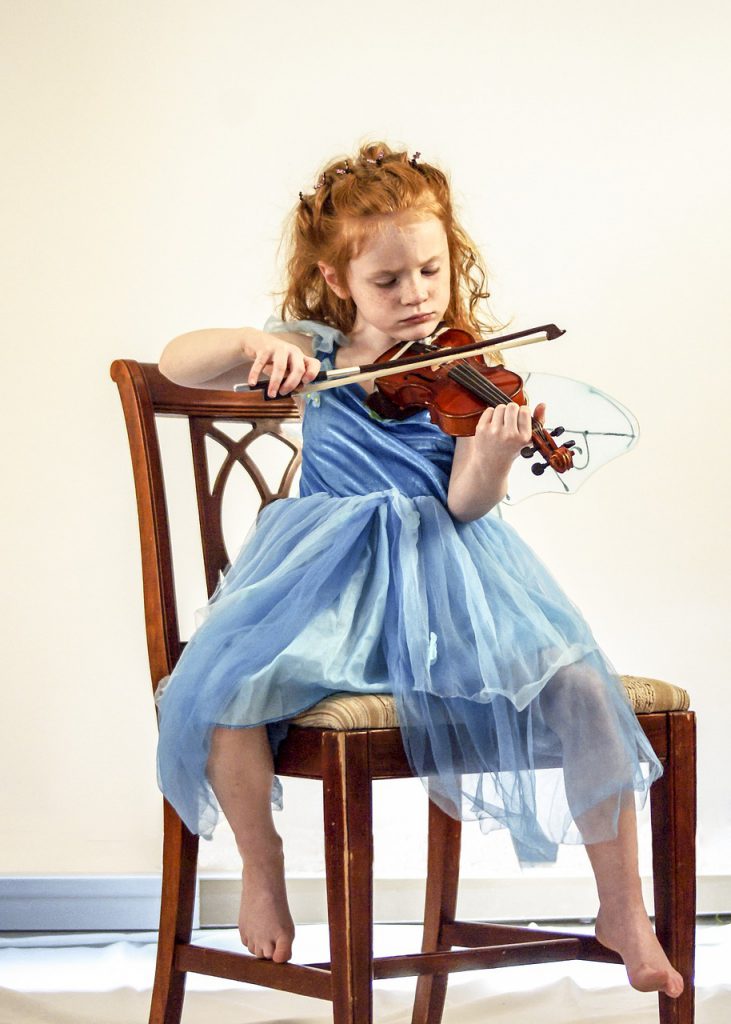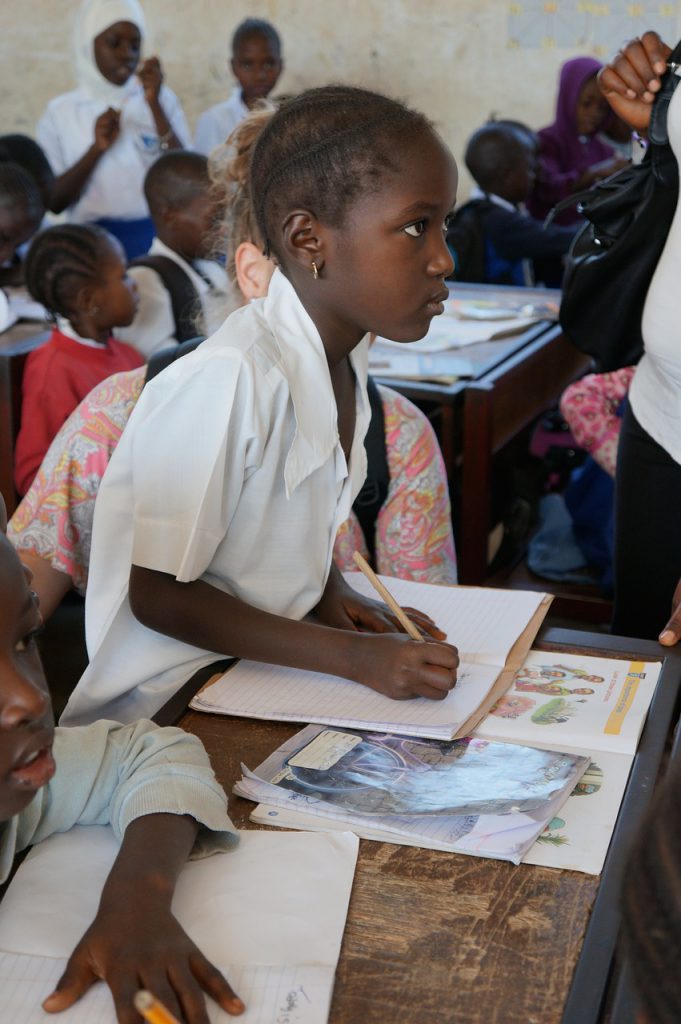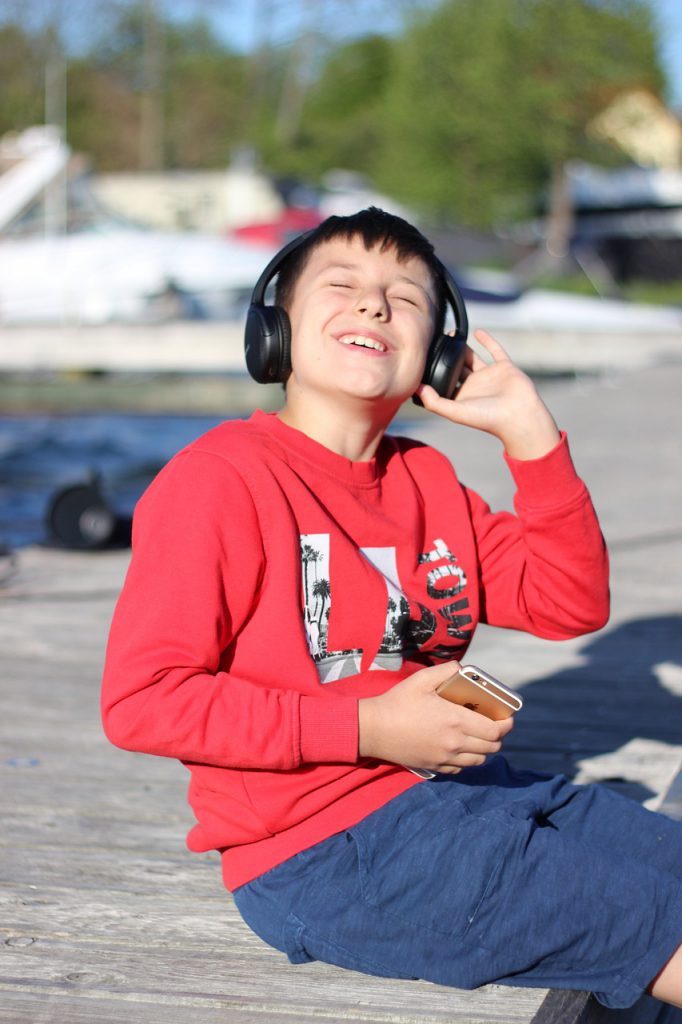Building Skills
We Provide A Wide Range Of Therapies Designed To Suit Your Child's Needs
How Occupational Therapy Can Help
At Skill Set we offer clinical therapies focusing on a wide variety of issues your child may be facing. If you wish to learn more about the areas of practice listed below, simply click on the ellipsis icon under your chosen field.
Gross Motor Skills
Gross Motor Skills involve the body’s large muscle groups.
Gross Motor Skills
Gross Motor Skills involve the body’s large muscle groups.

Gross motor skills are those which require whole body movement and involve the large muscles of the body responsible for standing, walking, running, jumping and sitting upright. Common complaints from parents with children with gross motor difficulties include:
- Difficulty sitting up still or straight
- Complaining about being tired and fatigued after short periods of activity
- Appearing “clumsy or uncoordinated”
- Difficulties with emotional regulation
Occupational therapists understand that difficulties in gross motor activities can have an impact on your child’s participation and performance in day to day life as well as school activities and social interactions. Your Occupational Therapist will holistically assess the needs of your child and provide tailored activities to improve their skills and performance as well as their self-esteem and confidence so that they can perform to the best of their ability.
Fine Motor Skills
Fine Motor Skills involve the body’s small muscle groups.
Fine Motor Skills
Fine Motor Skills involve the body’s small muscle groups.

Fine motor skills involve movements of the small muscles in the wrists, hands, and fingers. Examples of fine motor skills include: dexterity, in-hand manipulation, finger isolation and pincer grip. These skills are often influenced by hand strength and finger flexibility. A child with poor fine motor skills may present in some of the following ways:
- Unable to manipulate small objects – buttons, shoelaces, cutlery etc.
- Have poor or illegible handwriting
- Be reluctant to engage in activities that require prolonged hand use
Our Occupational Therapists are well equipped to address these common issues by providing specialist support and guidance to improve the underlying skills. As well as working one to one with your child, we can suggest a range of activities to be performed at home or school to help build those small essential muscles and necessary skills. Throughout your sessions, our professional team will have a focus on the individual needs of your child, helping them to perform daily tasks such as writing, drawing, dressing and feeding.
Literacy
Literacy concerns the ability to read and write.
Literacy Skills
Literacy concerns the ability to read and write.

Literacy is the ability to read and write, and therefore is vital to the foundations of adulthood. Many children experience ongoing difficulties with reading and retaining spelling. They often have difficulties with writing letters or sentences correctly and getting their thoughts coherently down on paper. The key skills which are the foundations for performance in literacy are:
- Visual perceptual skills – how your brain interprets what your eyes see
- Phonological awareness – how your brain interprets what your ears hear
While some children improve with consistent support from their teachers, other children continue to find these tasks tricky. If this is the case, it is important to consult your Occupational Therapist as your child may have another underlying difficulty which could be impacting on their literacy skills. By identifying potential areas of concern, your child’s occupational therapists can work in conjunction with Speech Pathologists to tailor sessions to target the required skills, improving overall literacy ability.

Handwriting
Handwriting involves writing both comfortably and legibly.

Handwriting
Handwriting involves writing both comfortably and legibly.

Many children experience difficulties when first learning to write. For some, this can negatively affect their motivation and confidence to participate in written work in school. Common handwriting difficulties include:
- Difficulty writing and recalling letters
- Inconsistent sizing or orientation of letters
- Illegible or slow handwriting
- Clear reluctance or refusal to write
Handwriting issues can be due to a whole host of underlying problems such as dyspraxia, dysgraphia, ADHD, or problems with visual perception, fine motor or gross motor skills. It is important to consult an occupational therapist if your child is having significant difficulty with handwriting, particularly after the age of 6. We will be able to identify underlying causes and suggest activities to target these skills, as well as the immediate handwriting difficulty.

Sensory Processing
Sensory Processing is how our brain interprets sensory input.

Sensory Processing
Sensory Processing is how our brain interprets sensory input.

Sensory processing is the ability to organise and interpret information we receive through our senses. Our senses receive information from both outside and inside our body and provide us with the information we need to function in the world. Most of us interpret sensory information automatically and instantly which allows us to focus on what we choose and what is important to us. Children with sensory processing difficulties can find this extremely challenging and they may have difficulty filtering sensory information. Children with sensory processing challenges may:
- Appear inattentive or hyperactive
- Respond to certain sensory input with fear or aggression
- Shut down and try to close themselves off from the world around them
Sensory processing impacts on engagement in every facet of our lives. If you feel that your child may be experiencing sensory processing difficulties, please feel free to give us a call and we would be more than happy to perform a sensory assessment to determine if and where these issues may lie. We can then provide therapy as well as ongoing strategies to be utilised at home and at school to support your child and their sensory needs.

Social Skills
Social Skills refer to our ability to interact with others.

Social Skills
Social Skills refer to our ability to interact with others.

Social skills are the skills we use to communicate with those around us both verbally and non-verbally through tone, facial expressions and body language. This can be particularly tricky for some children as they struggle to understand social rules and expectations. They may misread facial expressions or apply social rules in the wrong contexts or with the wrong people.
Children who experience difficulties with social skills may:
- Struggle with making and maintaining friendships
- Prefer to play alone
- Experience great difficulties with losing, rule changes, and taking turns
- Engage in bullying behaviour or become bullied by their peers
Occupational therapists can assist children to build social skills through play-based therapy where they demonstrate appropriate behaviour, language and interactions. They can also increase understanding of facial expressions and gestures as well as appropriate tone and conversation cues.
Life Skills
Life Skills are the tasks we perform in our everyday lives.
Life Skills
Life Skills are the tasks we perform in our everyday lives.

Occupational Therapists are trained professionals that specialise in optimising performance in everyday activities. As children grow, parents expect to see their child growing in independence too. However, some children may have significant difficulty in several areas of everyday life, most commonly toileting, bathing, feeding and dressing. If your child is having difficulties with these activities beyond the expected age of independence, it is important to speak to your occupational therapist. They will be able to offer advice on strategies that can encourage your child to begin to perform these tasks independently as well as deliver one-on-one therapy sessions with your child.

Periods of Transition
Periods of Transition relate to changes in life circumstances.

Periods of Transition
Periods of Transition relate to changes in life circumstances.

Most children go through periods of transition while growing up, such as changing schools or a change of living situation. While many children adapt well, some children find this more challenging than others and may begin showing difficult, withdrawn or unusual behaviour. If you notice large changes in behaviour during a transitional period, it is important to speak to your occupational therapist. They will be able to support you and your child through the period of change, offering solutions and advice to help make the transition as easy as possible.
Gross Motor Skills
Gross Motor Skills involve the body’s large muscle groups.
Gross Motor Skills
Gross Motor Skills involve the body’s large muscle groups.

Gross motor skills are those which require whole body movement and involve the large muscles of the body responsible for standing, walking, running, jumping and sitting upright. Common complaints from parents with children with gross motor difficulties include:
- Difficulty sitting up still or straight
- Complaining about being tired and fatigued after short periods of activity
- Appearing “clumsy or uncoordinated”
- Difficulties with emotional regulation
Occupational therapists understand that difficulties in gross motor activities can have an impact on your child’s participation and performance in day to day life as well as school activities and social interactions. Your Occupational Therapist will holistically assess the needs of your child and provide tailored activities to improve their skills and performance as well as their self-esteem and confidence so that they can perform to the best of their ability.
Fine Motor Skills
Fine Motor Skills involve the body’s small muscle groups.
Fine Motor Skills
Fine Motor Skills involve the body’s small muscle groups.

Fine motor skills involve movements of the small muscles in the wrists, hands, and fingers. Examples of fine motor skills include: dexterity, in-hand manipulation, finger isolation and pincer grip. These skills are often influenced by hand strength and finger flexibility. A child with poor fine motor skills may present in some of the following ways:
- Unable to manipulate small objects – buttons, shoelaces, cutlery etc.
- Have poor or illegible handwriting
- Be reluctant to engage in activities that require prolonged hand use
Our Occupational Therapists are well equipped to address these common issues by providing specialist support and guidance to improve the underlying skills. As well as working one to one with your child, we can suggest a range of activities to be performed at home or school to help build those small essential muscles and necessary skills. Throughout your sessions, our professional team will have a focus on the individual needs of your child, helping them to perform daily tasks such as writing, drawing, dressing and feeding.
Literacy
Literacy concerns the ability to read and write.
Literacy Skills
Literacy concerns the ability to read and write.

Literacy is the ability to read and write, and therefore is vital to the foundations of adulthood. Many children experience ongoing difficulties with reading and retaining spelling. They often have difficulties with writing letters or sentences correctly and getting their thoughts coherently down on paper. The key skills which are the foundations for performance in literacy are:
- Visual perceptual skills – how your brain interprets what your eyes see
- Phonological awareness – how your brain interprets what your ears hear
While some children improve with consistent support from their teachers, other children continue to find these tasks tricky. If this is the case, it is important to consult your Occupational Therapist as your child may have another underlying difficulty which could be impacting on their literacy skills. By identifying potential areas of concern, your child’s occupational therapists can work in conjunction with Speech Pathologists to tailor sessions to target the required skills, improving overall literacy ability.

Handwriting
Handwriting involves writing both comfortably and legibly.

Handwriting
Handwriting involves writing both comfortably and legibly.

Many children experience difficulties when first learning to write. For some, this can negatively affect their motivation and confidence to participate in written work in school. Common handwriting difficulties include:
- Difficulty writing and recalling letters
- Inconsistent sizing or orientation of letters
- Illegible or slow handwriting
- Clear reluctance or refusal to write
Handwriting issues can be due to a whole host of underlying problems such as dyspraxia, dysgraphia, ADHD, or problems with visual perception, fine motor or gross motor skills. It is important to consult an occupational therapist if your child is having significant difficulty with handwriting, particularly after the age of 6. We will be able to identify underlying causes and suggest activities to target these skills, as well as the immediate handwriting difficulty.

Sensory Processing
Sensory Processing is how our brain interprets sensory input.

Sensory Processing
Sensory Processing is how our brain interprets sensory input.

Sensory processing is the ability to organise and interpret information we receive through our senses. Our senses receive information from both outside and inside our body and provide us with the information we need to function in the world. Most of us interpret sensory information automatically and instantly which allows us to focus on what we choose and what is important to us. Children with sensory processing difficulties can find this extremely challenging and they may have difficulty filtering sensory information. Children with sensory processing challenges may:
- Appear inattentive or hyperactive
- Respond to certain sensory input with fear or aggression
- Shut down and try to close themselves off from the world around them
Sensory processing impacts on engagement in every facet of our lives. If you feel that your child may be experiencing sensory processing difficulties, please feel free to give us a call and we would be more than happy to perform a sensory assessment to determine if and where these issues may lie. We can then provide therapy as well as ongoing strategies to be utilised at home and at school to support your child and their sensory needs.

Social Skills
Social Skills refer to our ability to interact with others.

Social Skills
Social Skills refer to our ability to interact with others.

Social skills are the skills we use to communicate with those around us both verbally and non-verbally through tone, facial expressions and body language. This can be particularly tricky for some children as they struggle to understand social rules and expectations. They may misread facial expressions or apply social rules in the wrong contexts or with the wrong people.
Children who experience difficulties with social skills may:
- Struggle with making and maintaining friendships
- Prefer to play alone
- Experience great difficulties with losing, rule changes, and taking turns
- Engage in bullying behaviour or become bullied by their peers
Occupational therapists can assist children to build social skills through play-based therapy where they demonstrate appropriate behaviour, language and interactions. They can also increase understanding of facial expressions and gestures as well as appropriate tone and conversation cues.
Life Skills
Life Skills are the tasks we perform in our everyday lives.
Life Skills
Life Skills are the tasks we perform in our everyday lives.

Occupational Therapists are trained professionals that specialise in optimising performance in everyday activities. As children grow, parents expect to see their child growing in independence too. However, some children may have significant difficulty in several areas of everyday life, most commonly toileting, bathing, feeding and dressing. If your child is having difficulties with these activities beyond the expected age of independence, it is important to speak to your occupational therapist. They will be able to offer advice on strategies that can encourage your child to begin to perform these tasks independently as well as deliver one-on-one therapy sessions with your child.

Periods of Transition
Periods of Transition relate to changes in life circumstances.

Periods of Transition
Periods of Transition relate to changes in life circumstances.

Most children go through periods of transition while growing up, such as changing schools or a change of living situation. While many children adapt well, some children find this more challenging than others and may begin showing difficult, withdrawn or unusual behaviour. If you notice large changes in behaviour during a transitional period, it is important to speak to your occupational therapist. They will be able to support you and your child through the period of change, offering solutions and advice to help make the transition as easy as possible.
